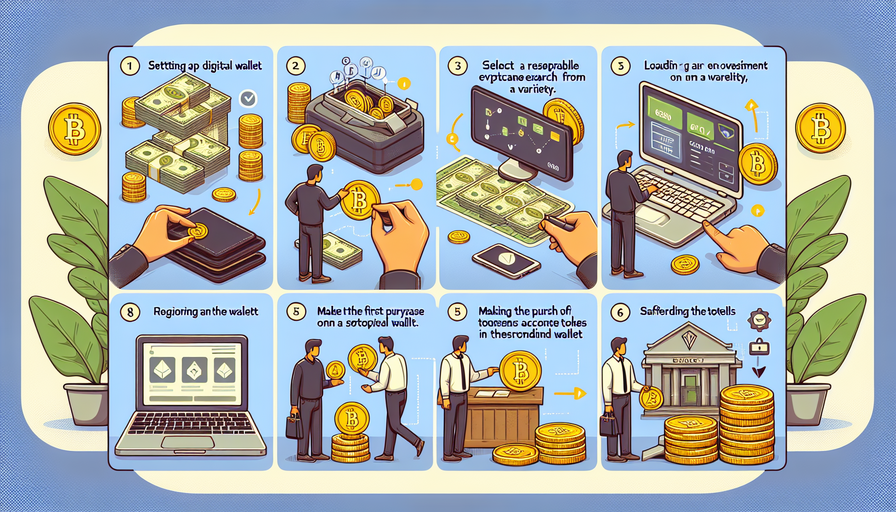Hacking, a term often associated with negative connotations, can actually be a valuable skill when used ethically and responsibly. In this guide, we will delve into the world of hacking and provide an overview of how to get started in ethical hacking.
Understanding Ethical Hacking
Ethical hacking, also known as penetration testing or white-hat hacking, involves legally breaking into computer systems to identify security vulnerabilities. Ethical hackers use their skills to strengthen cybersecurity defenses and protect organizations from malicious attacks.
Getting Started
1. Learn the Basics: Before diving into ethical hacking, it’s essential to have a solid understanding of computer networks, programming languages such as Python and C++, and operating systems like Linux.
2. Gain Hands-On Experience: Set up a virtual lab environment using platforms like VirtualBox or VMware to practice hacking techniques without compromising real systems.
3. Take Online Courses: Enroll in online courses or certifications such as Certified Ethical Hacker (CEH) or Offensive Security Certified Professional (OSCP) to gain in-depth knowledge of ethical hacking methodologies.
4. Join Communities: Engage with like-minded individuals in online forums, attend cybersecurity conferences, and participate in Capture The Flag (CTF) competitions to enhance your skills and network with professionals in the field.
Advanced Techniques
1. Enumeration: Use tools like Nmap or Nessus to gather information about target systems, including open ports, services running, and potential vulnerabilities.
2. Vulnerability Scanning: Conduct vulnerability scans using tools like OpenVAS or Qualys to identify weaknesses that could be exploited by attackers.
3. Exploitation: Once vulnerabilities are identified, ethical hackers can exploit them using tools like Metasploit to gain unauthorized access to systems for testing purposes.
4. Post-Exploitation: After gaining access to a system, ethical hackers perform post-exploitation activities such as privilege escalation, lateral movement, and data exfiltration to assess the extent of damage an attacker could cause.
Ethics and Legal Considerations
It’s crucial for ethical hackers to operate within legal boundaries and obtain proper authorization before conducting any penetration testing activities. Always seek permission from system owners before attempting any hacks and ensure that all activities are performed in a controlled environment.
In conclusion, ethical hacking is a valuable skill that plays a vital role in safeguarding digital assets and protecting against cyber threats. By following these guidelines and continuously expanding your knowledge through practice and education, you can embark on a rewarding journey towards becoming a proficient ethical hacker.


